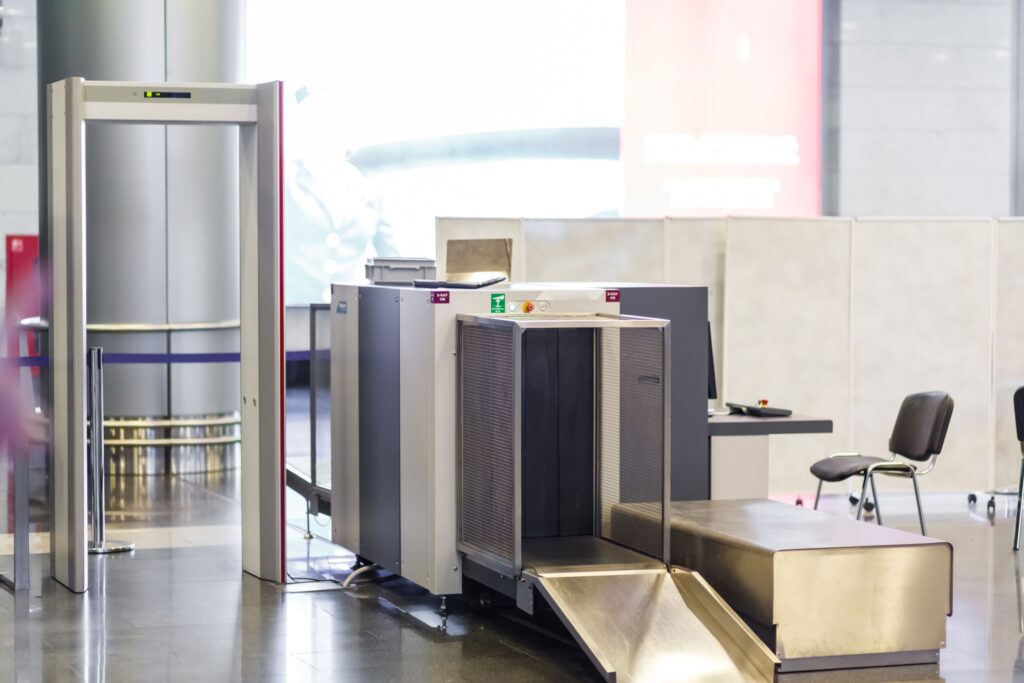Travel Trigger: Will My Dental Implant Alert Metal Detectors?
July 11, 2025

Many experts consider dental implants the ideal way to replace lost teeth because of the unique advantages they provide. Unlike dentures and dental bridges, they are embedded directly into your jawbone for added strength and stability.
However, if you travel frequently for work or pleasure, you might worry that these teeth will frequently trigger TSA airport security metal detectors, causing frustration and embarrassment. Continue reading to learn why you can safely set your concerns aside!
What are Dental Implants Made From?
Typically, these reliable restorations include a titanium rod that’s inserted into your jawbone. It often takes about three to six months to recover because your jaw must produce enough new bone growth to fuse with the biocompatible material, making it a permanent part of your mouth.
This material is chosen because it’s incredibly durable and lightweight, meaning it can withstand the pressure of biting and chewing without weighing you down. Then, this is usually covered with a tooth-shaped cap made from resilient porcelain that reflects light like enamel and can be customized to be the right shape, size, and hue for seamless results.
How do Metal Detectors Work?
It’s natural to wonder whether this small pole will sound the alarms every time you pass through airport security because they’re designed to detect metal. These devices emit a series of magnetic pulses that create an echo field. When metallic substances pass through the detector, they make a new magnetic wave that’s longer and larger, indicating that a problematic object has been found.
Although some patients with knee or hip replacements or other metal plates, screws, or rods in their bones might set off this alarm, those with dental implants are less likely to trigger the machine.
Will My Dental Implants Trigger Metal Detectors?
Typically, you don’t have to worry that your new tooth will result in a security response because the amount of titanium included in your restoration is usually too small for the machines to pick up. Plus, titanium emits a weaker magnetic field that certain metal detectors might not detect. Finally, the rod of your dental implant is embedded firmly in your jawbone, which insulates it from the magnetic field produced by the device.
While it’s unlikely that your dental work will cause issues when you’re checking in at the airport, if it does, there usually aren’t severe consequences. Typically, the worst-case scenario involves being pulled aside momentarily for additional screening. Feel free to let the TSA agent know about your dental implant, and you will likely pass through in no time.
If you have other questions about traveling with dental implants, consulting your provider directly is the best way to get answers based on your unique circumstances!
Meet the Author
Dr. Eric Barajas is passionate about helping families in Chula Vista improve their lives by enhancing their dental health. He graduated from the UCLA School of Dentistry and participates in several professional organizations to stay current with the most recent trends, technology, and techniques, including the American Dental Association. He partners with local specialists to ensure accuracy during implant placement, then provides lifelike restorations designed to look and feel as lifelike as possible. You can request an appointment on the website or by calling (619) 482-7367.
No Comments
No comments yet.
RSS feed for comments on this post.
Sorry, the comment form is closed at this time.
